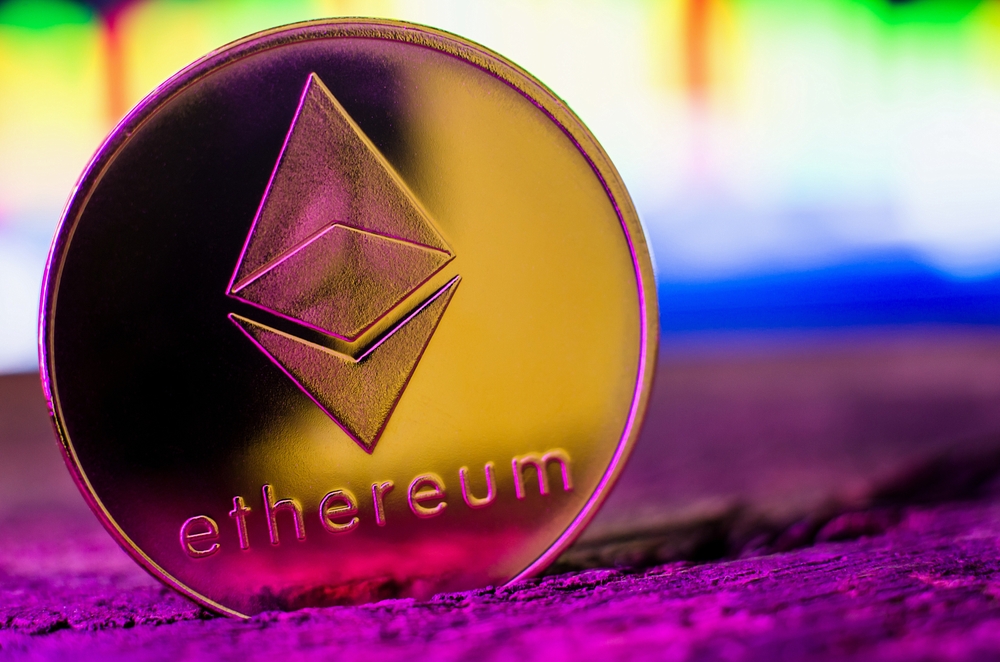Last Friday, researchers for Bank of America noted that institutional adoption could go up after the long-awaited Ethereum upgrade comes to pass this week.
The second largest bank in the United States said that the big investors were likely to take more interest because of the staking ability of Ethereum users, which allows them to pledge their assets to the network.
The Merge
Ethereum is recognized as the second-largest cryptocurrency in terms of market capitalization and it is scheduled to undergo an upgrade this week, which has been in the works for a long time.
The upgrade has been termed ‘The Merge’ and it will see Ethereum transition from the proof-of-work (PoW) protocol to a proof-of-stake (PoS) one.
This will mean that there will be no more miners and they will be replaced by validators, who will ‘stake’ ether to keep the network running and secure.
The Ethereum Foundation claims that the network’s energy efficiency would improve by 99% after the upgrade.
This has prompted Bank of America’s researchers to say that this is likely to drive up institutional adoption.
Institutional interest
Andrew Moss and Alkesh Shah, analysts at Bank of America, said in Friday’s note that once energy consumption has reduced after the Merge, institutional investors could be more interested in the token.
This could apply to those investors who had previously been prohibited from buying tokens that run on blockchains using the proof-of-work (PoW) consensus mechanism.
They also added that rather than using borrowing/lending applications, it would become more lucrative to become a validator on the Ethereum network for institutional investors.
They would be able to stake Ethereum and earn a higher-quality yield, thanks to lower liquidity risk and credit.
To put it simply, institutional investors are more likely to engage in Ether staking for generating yields, rather than using risky DeFi apps for getting returns by borrowing and lending Ethereum-based assets.
Energy consumption
The upgrade of the Ethereum blockchain to the proof-of-stake (PoS) protocol is expected to make it greener than those using the proof-of-work (PoW) protocol.
The biggest example is that of bitcoin, which has received a lot of criticism for its high energy consumption.
Currently, both Bitcoin and Ethereum use PoW for keeping their respective networks secure. Under this system, miners have to solve complex puzzles for processing transactions.
This requires the use of powerful computers, which use a lot of electricity, making it an energy-intensive business.
However, it should be noted that even though The Merge is definitely going to make Ethereum greener, it will not make it cheaper or faster.
Instead, future upgrades are expected to happen for reducing the high gas prices often associated with Ethereum.
This was also acknowledged by Bank of America and it said that this could affect the price of ether this year.
ETH has seen its price go up significantly from mid-July to mid-August, but this could come down later once investors digest that high transaction fees and scalability still persist.
